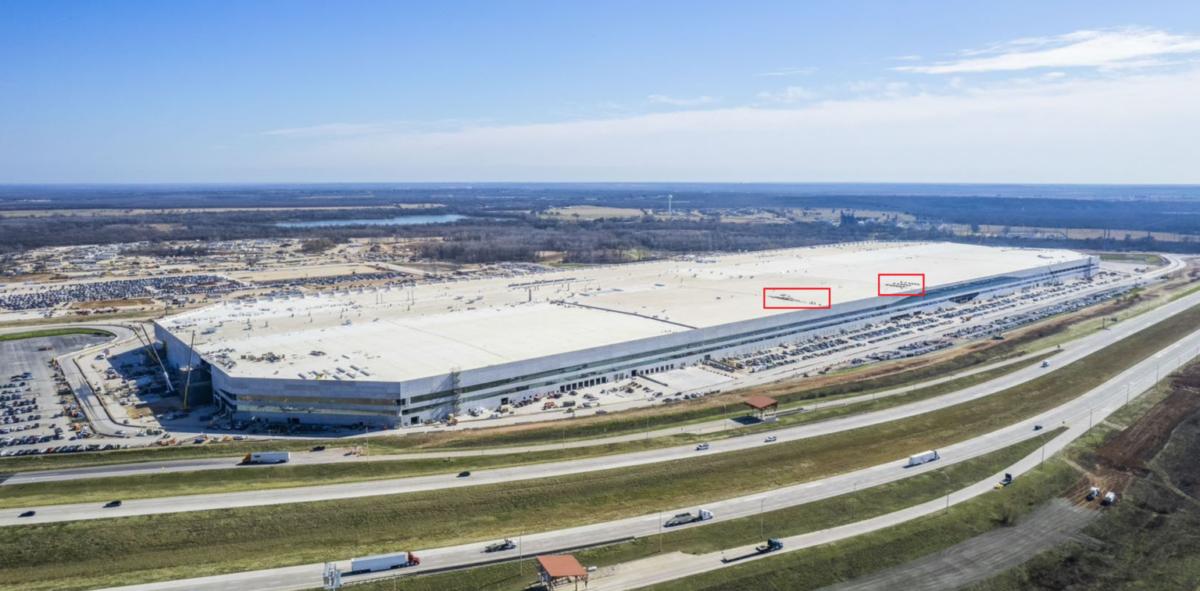From pv magazine USA
Tesla’s fourth quarter earnings call for 2022 referenced solar power in passing, and only touched on the subject of energy storage. And though it was reiterated that energy storage has terawatt potential, expectations for 2022 growth have been muted due to continued chip challenges. Additionally, Musk made it clear that energy storage deployment took a backseat to deliveries of their much higher margin electric vehicle products in 2021.
The company’s slide deck stated that the Solar Roof product tripled in volume deployed; however, the company has yet to deliver any actual values associated with the product.
Both Tesla’s solar power and energy storage booked sales grew for the whole of the year versus 2020 — solar grew 68% and energy storage grew 32%. However, when comparing quarter sales, the numbers were a bit disappointing, with 4th quarter rates for the two products ranging between a decrease of 34% and growth of 2.4%.

In Summary
For the quarter, Tesla installed 85MW of solar power. For the year, it totaled 345MW; a significant increase from 2020, more than double the trough of 2019. The volume is still far from the peak value of 870MW deployed in 2015, with almost 250MW in Q4’15.
Energy storage deployment was just shy of 4GWh, showing a year over year increase of 32% over 2020’s 3.0GWh. Tesla’s growth was far behind the broader stationary energy storage’s market’s expansion projected to be triple digits.
Roughly speaking, the car company manufactured around 80GWh of energy storage cells, and only 5% of them went to energy storage.
This year’s 4TWh was first projected for 2019, when hundreds of percent growth was projected in prior Tesla earnings calls.

“We did short-change the energy business last year, in that vehicles took priority over storage, we do see a terawatt hour per year energy business,” said Musk, who has uttered similar variations on this theme in several prior earnings calls.
Regarding market potential, NREL does think the USA alone might need 6 TWh of energy storage to shift the power grid to “Zero Carbon”.
Popular content
Considering quarterly growth numbers, Q4’21 was a disappointing quarter. Solar power grew only 2.4% – that’s 2MW – versus the prior quarter. And it was down by 1MW compared to the prior year. Energy storage was actually down significantly on the quarter – compared to both Q3’21 and Q4’20.

The energy storage department lost money both in the quarter, and year over year.
Total revenue for the year was $2.789 billion, while the cost of said revenue was $2.918 billion — a loss of $129 million. The energy department’s revenues were not discussed in the quarterly call.
Tesla earned $688 million in revenue for the quarter, spending $739 million. This was down from the 3rd quarter’s $806 million in revenue, as well 2020’s Q4 revenue of $752 million.

Over the last five quarters, Tesla has mostly lost money on its energy department.
As in many prior earnings calls, Musk said he believed energy storage will catch up, and eventually grow faster than vehicles.
Looking at 2022, Musk said the batteries will probably not be the limiting factor when building vehicles. Instead, the challenge will be in manufacturing chips. Silicon carbide inverters were noted as the critical, specific component of EVs, which are currently challenging to acquire.
Unfortunately, it was suggested that chip issues will also affect energy storage deployment. Accordingly, growth in deployment volumes will also be muted, at least for the short term.
Musk posited a potential growth rate of 50% for energy storage deployment, and joined another company representative in suggesting that several hundred percent growth is still possible — though less likely.
After the chip limitation is projected to be alleviated next year, it was predicted that then a battery cell limitation might arise.
This content is protected by copyright and may not be reused. If you want to cooperate with us and would like to reuse some of our content, please contact: editors@pv-magazine.com.


2 comments
By submitting this form you agree to pv magazine using your data for the purposes of publishing your comment.
Your personal data will only be disclosed or otherwise transmitted to third parties for the purposes of spam filtering or if this is necessary for technical maintenance of the website. Any other transfer to third parties will not take place unless this is justified on the basis of applicable data protection regulations or if pv magazine is legally obliged to do so.
You may revoke this consent at any time with effect for the future, in which case your personal data will be deleted immediately. Otherwise, your data will be deleted if pv magazine has processed your request or the purpose of data storage is fulfilled.
Further information on data privacy can be found in our Data Protection Policy.